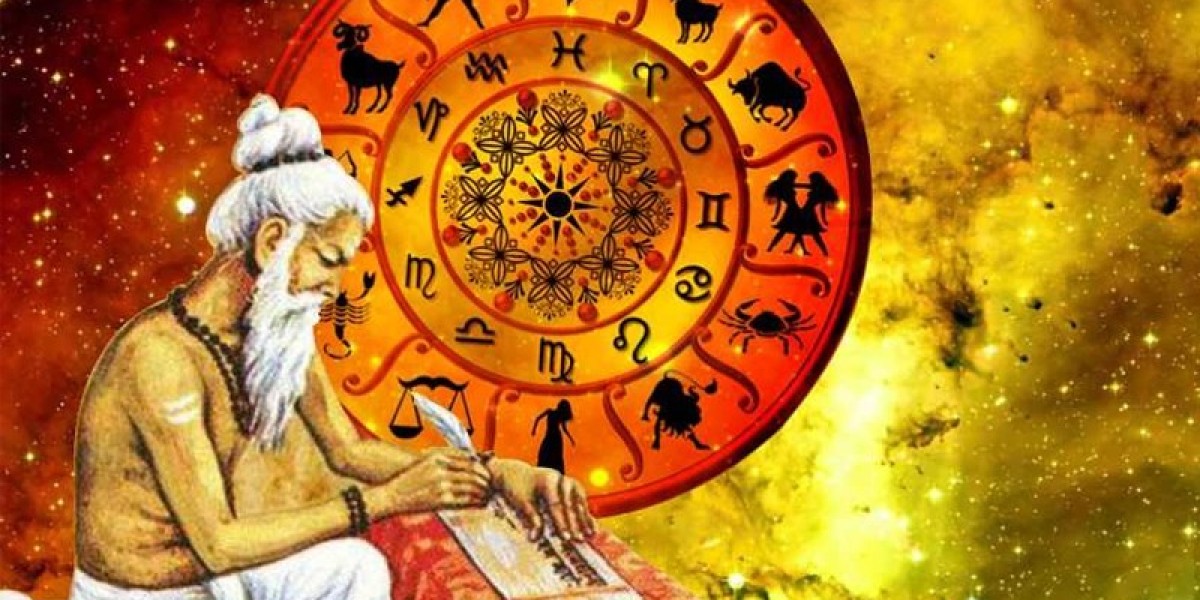Astrology has been a subject of fascination and debate for centuries. While some consider it a mystical art, others question its scientific validity. This article aims to shed light on the science behind astrology, debunk common myths, and highlight the wisdom thatAstrologer offer.
Astrology as a Language of Symbols:
Astrology is not a belief system but a language of symbols. It uses celestial bodies and their positions to represent archetypal energies and patterns. The birth chart is a visual representation of these symbols, allowing astrologers to interpret their meanings.
Astronomy and Astrology:
Astronomy and astrology were closely intertwined in ancient times. While astronomy is the scientific study of celestial objects, astrology uses astronomical data to explore human experiences and behaviors. Though they have diverged, both fields share a common historical origin.
Celestial Mechanics and Planetary Influences:
Celestial mechanics, the branch of physics that studies the motion of celestial bodies, forms the basis of planetary influences in astrology. The gravitational forces exerted by planets and their interactions are considered to have subtle influences on human life.
Statistical Analysis:
Astrologers often use statistical analysis to study astrological phenomena. By examining large data sets, they can identify patterns and correlations between planetary placements and certain personality traits or life events. This approach provides a scientific framework for astrological interpretations.
Personalized Nature of Astrology:
Astrology acknowledges the individuality of each person. The birth chart is unique to an individual, making it difficult to conduct large-scale scientific studies. However, the personalized nature of astrology allows for a more nuanced understanding of an individual's unique experiences.
Psychological and Archetypal Insights:
Astrology provides psychological and archetypal insights into human behavior. It offers a language to explore the human psyche, motivations, and personality patterns. By delving into the archetypal energies represented by the planets, astrologers can provide deep insights into personal development and self-awareness.
Synchronicity and Meaningful Coincidences:
Astrology aligns with the concept of synchronicity, as proposed by renowned psychologist Carl Jung. Synchronicity refers to meaningful coincidences that hold significance in a person's life. Astrology offers a framework to understand and interpret these synchronicities as cosmic messages and guidance.
Cultural and Historical Significance:
Astrology has played a significant role in various cultures and historical periods. It has shaped worldviews, guided decision-making, and provided a sense of meaning and connection. Recognizing its cultural and historical significance adds depth and context to the practice of astrology.
Conclusion:
Astrology may not fit into the traditional scientific paradigm, but it offers unique insights into the human experience. By understanding astrology as a language of symbols, acknowledging its historical and cultural significance, and recognizing the psychological and archetypal dimensions it encompasses, we can appreciate the wisdom that Astrologer provide. Astrology, rooted in celestial mechanics and statistical analysis, offers a personalized approach to self-discovery and life interpretation. Embracing the science behind astrology involves recognizing the limitations of traditional scientific methods and embracing the holistic understanding it offers. Whether viewed as a science, an art, or a tool for self-reflection, astrology continues to inspire individuals on their journey of personal growth, self-awareness, and a deeper connection with the cosmos.








